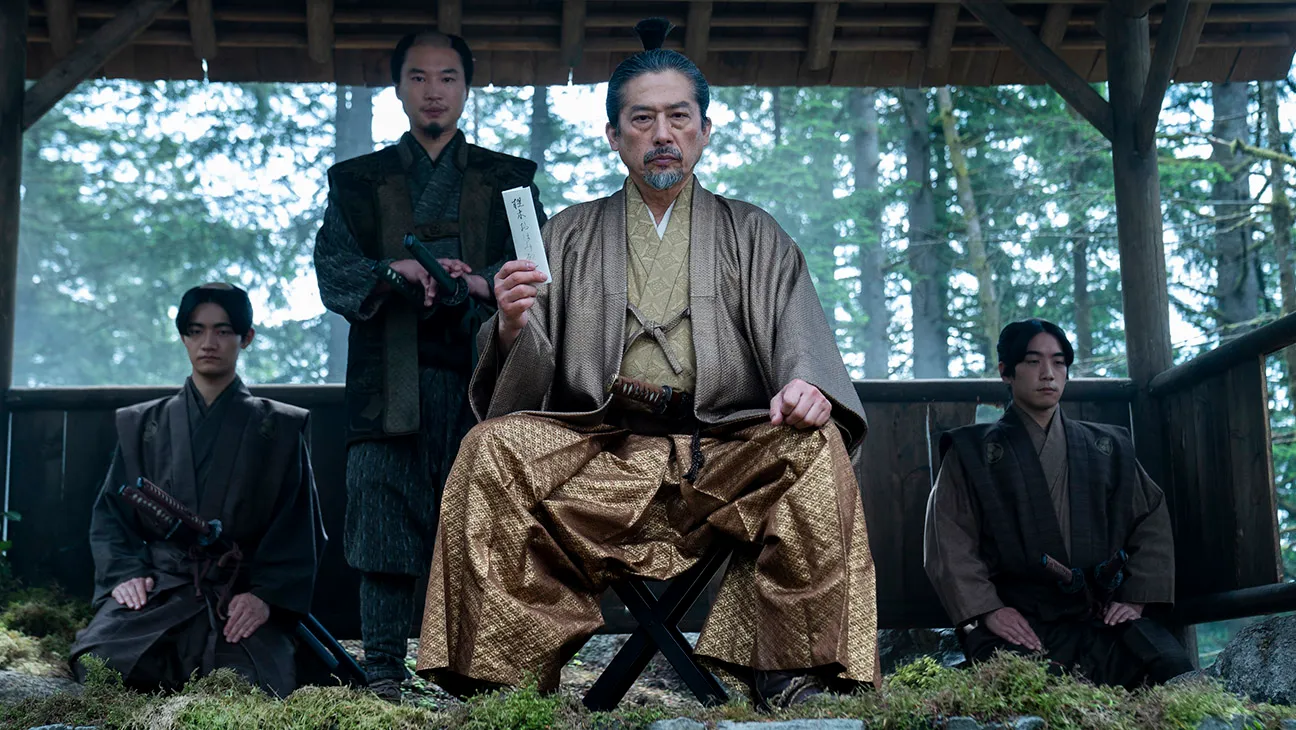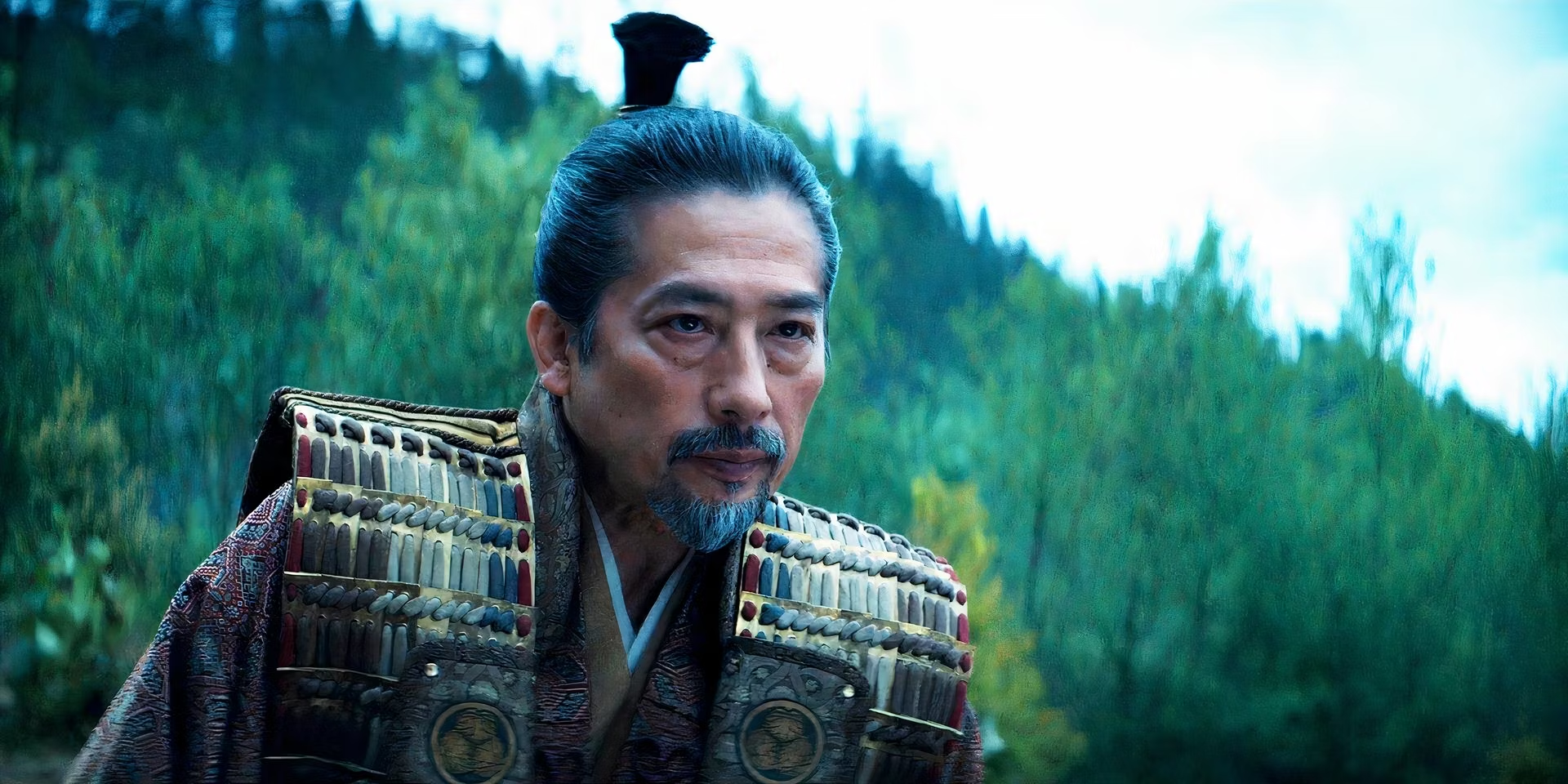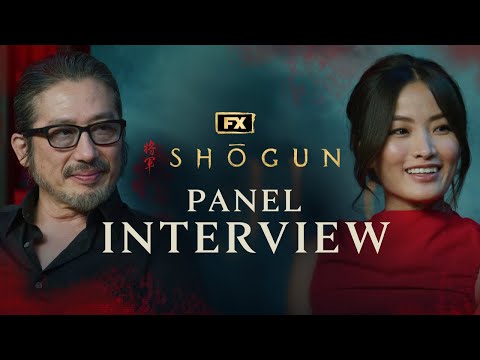From the moment it graced our screens, “Shōgun” has been a monumental success. Spearheaded by the magnetic Hiroyuki Sanada, the series initially aimed to bring James Clavell’s acclaimed novel to life—and it did so with a spectacular flourish.
Achieving a near-perfect approval rating on Rotten Tomatoes, the show not only captivated audiences but also managed to hold a mirror to the beloved epic, “Game of Thrones,” in terms of depth and narrative intensity. But unlike its predecessor, which stretched its narrative beyond its original text, “Shōgun” was celebrated for its faithful adaptation.

However, with FX’s recent announcement confirming not just a second but a third season, there arises a thrilling yet precarious path ahead. This decision reflects a bold commitment to the series but also introduces a layer of complexity, given that the original material was exhaustively covered in the first season.
A Bold Continuation or a Risky Deviation?
As “Shōgun” prepares to extend beyond its source, comparisons with “Game of Thrones” become inevitable. The latter, while initially grounded in George R.R. Martin’s novels, famously ventured beyond its text, leading to mixed receptions in its later seasons. This turn of events for “Shōgun” prompts a crucial question: Can it maintain its initial excellence and high fan approval when diverging from Clavell’s singular narrative blueprint?
The concern among fans is palpable. Despite their deep affection for the series, there’s an underlying fear that “Shōgun” might succumb to the same fate as “Game of Thrones,” diluting its essence in an attempt to expand its storyline.

The challenge lies in crafting a continuation that remains true to the spirit of the original while introducing fresh, engaging content that resonates with its established audience.
Why Fans Are Cautious Yet Hopeful
The involvement of Hiroyuki Sanada in the forthcoming seasons does offer a ray of hope. His profound understanding of the character and the narrative’s historical and cultural context has been pivotal to the show’s success. Furthermore, with showrunners Justin Marks and Rachel Kondo at the helm, there is a strong creative foundation to potentially explore new territories in a manner that honors the original work.
Still, the skepticism among the hardcore fanbase cannot be ignored. Their discussions, particularly on social platforms like X, reveal a mix of anticipation and apprehension. They cherish the original season’s fidelity to the novel and worry that additional seasons might lead to a forced extension of the story, potentially undermining its integrity.

Conclusion: A Narrative Crossroads
“Shōgun” stands at a narrative crossroads, with its future success hinging on its ability to innovate within the boundaries of its historical and thematic authenticity. The series faces the challenge of expanding its narrative landscape while preserving the core elements that initially drew in its audience. As it moves forward, the series not only has to satisfy the high expectations set by its first season but also navigate the complex terrain of fan anticipations and the towering shadows of epic predecessors like “Game of Thrones.”
The road ahead for “Shōgun” is fraught with both potential and peril. As fans, we remain on the edge of our seats, hopeful yet watchful, eager to see how our beloved series evolves in its quest to continue a story that has already been told to perfection. Only time will tell if “Shōgun” will rise to the occasion or if it will fall victim to the very ambitions that made it a phenomenon.

